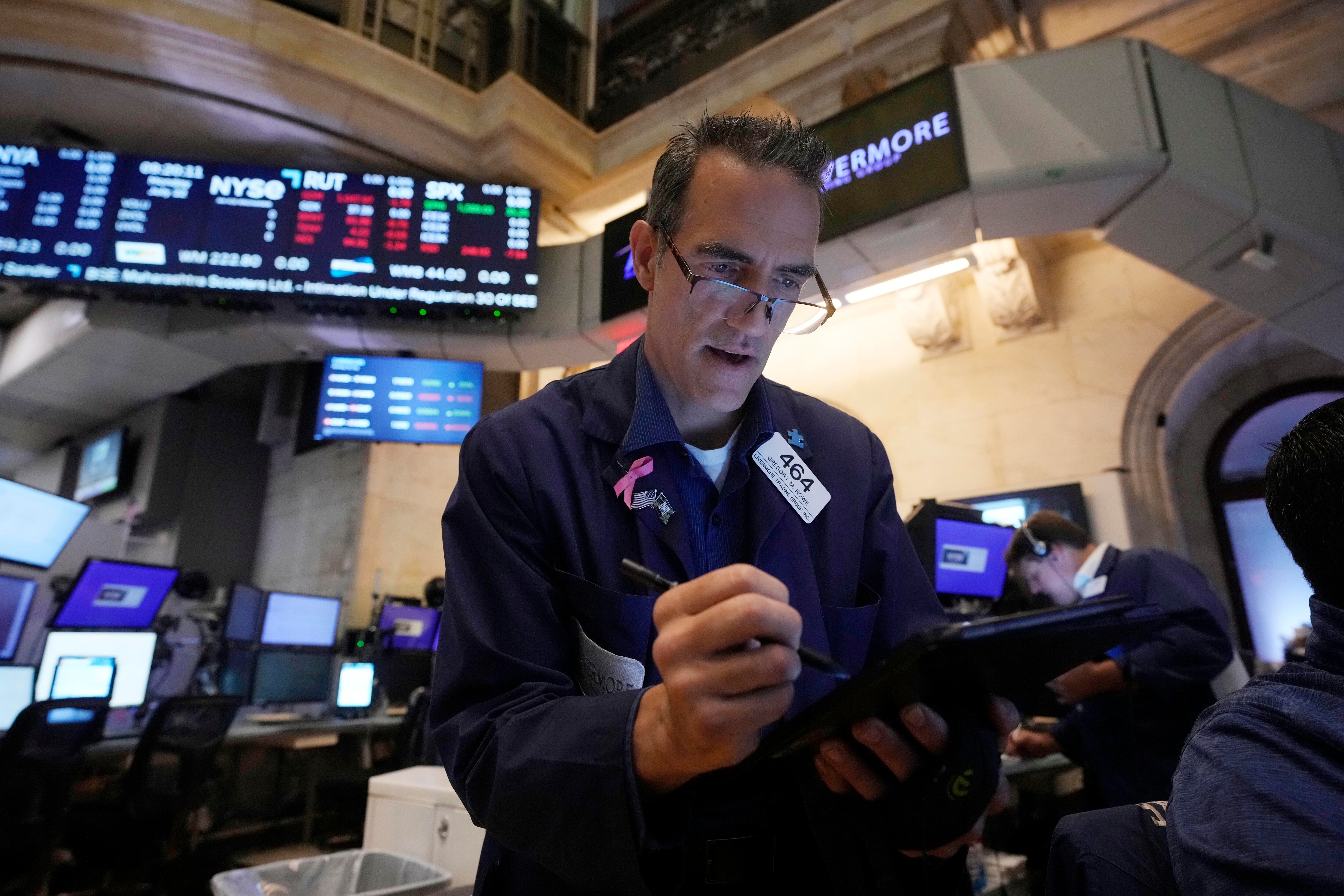*By Carlo Versano* Google is using its mountain of search and personal data to match military veterans with jobs they might not even know exist. Starting Tuesday, vets and their spouses can search "jobs for veterans" and enter their unique military occupation codes to find custom listings that correspond to skills they've acquired in the military. Nick Zakrasek, the co-founder of Google for Jobs, said the goal of the [new tools](https://grow.google/programs/veterans-commitment/) was to make the transition to civilian life "just a little bit easier" for veterans, many of whom have have [lamented] (https://www.businesswire.com/news/home/20171109005412/en/ZipRecruiter-Call-Duty-Endowment-Release-National-Report) the difficultly in finding jobs that properly match their skills. "One of the reasons this kind of tool hasn't existed at scale before is because it's hard to do this mapping," Zakrasek said. For example, Zakrasek pointed out a former soldier may not realize that the skills he or she learned on duty fit the requirements of a role like "Disaster Preparedness Coordinator." This new tool aims to fill those gaps. Separately, Google's non-profit arm is also donating $2.5 million to the USO for job training and scholarship purposes, Zakrasek said. That will fund a certificate program in partnership with the online learning center Coursera that will teach IT skills to veterans. The program has a direct pipeline to large employers like Bank of America and Google itself, companies that are "eager and willing" to hire vets, Zakrasek added. Since 2003, roughly 250,000 service members have left the military [each year], and the need for employment assistance ranks higher than the need for assistance with physical or mental health (https://watson.brown.edu/costsofwar/files/cow/imce/papers/2017/Zogas_Veterans'%20Transitions_CoW_2.1.17.pdf). For full interview [click here](https://cheddar.com/videos/google-rolls-out-tools-to-help-veterans-find-jobs).












